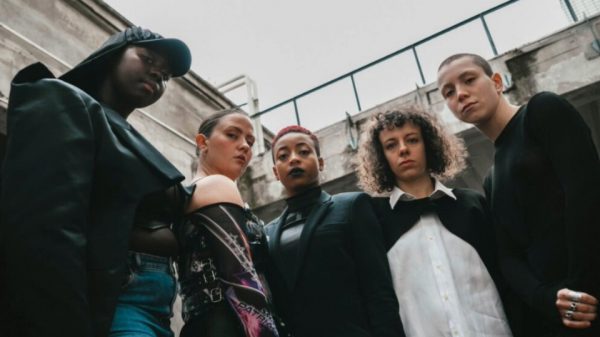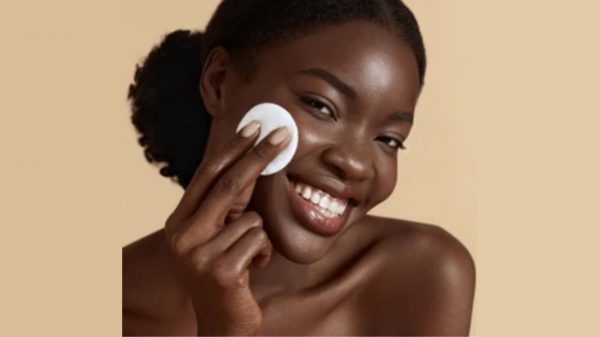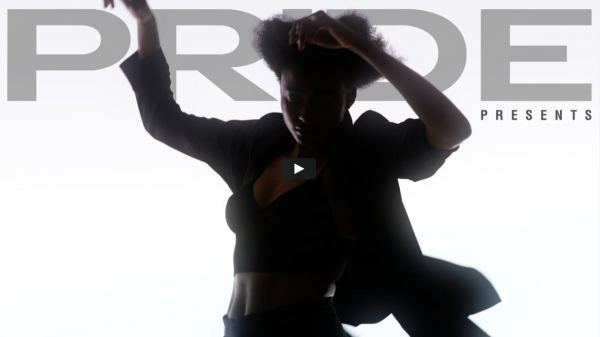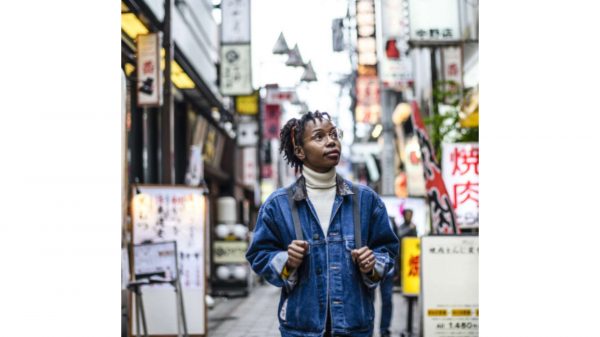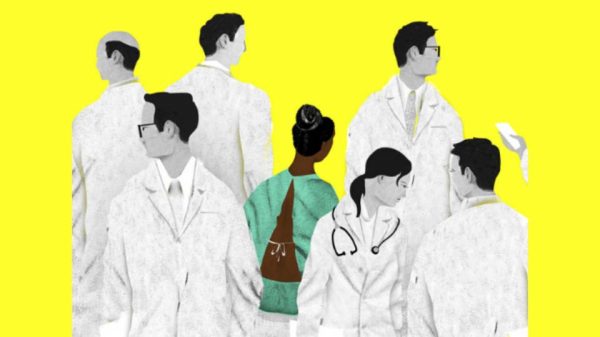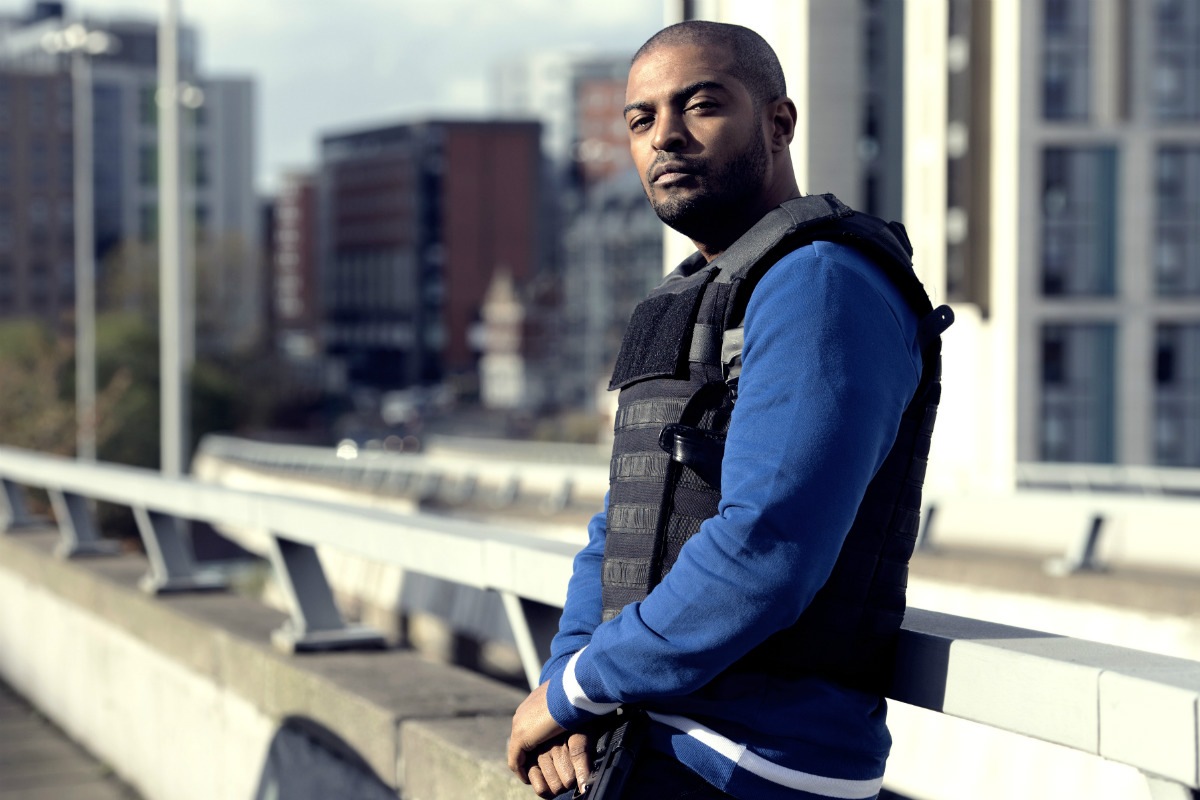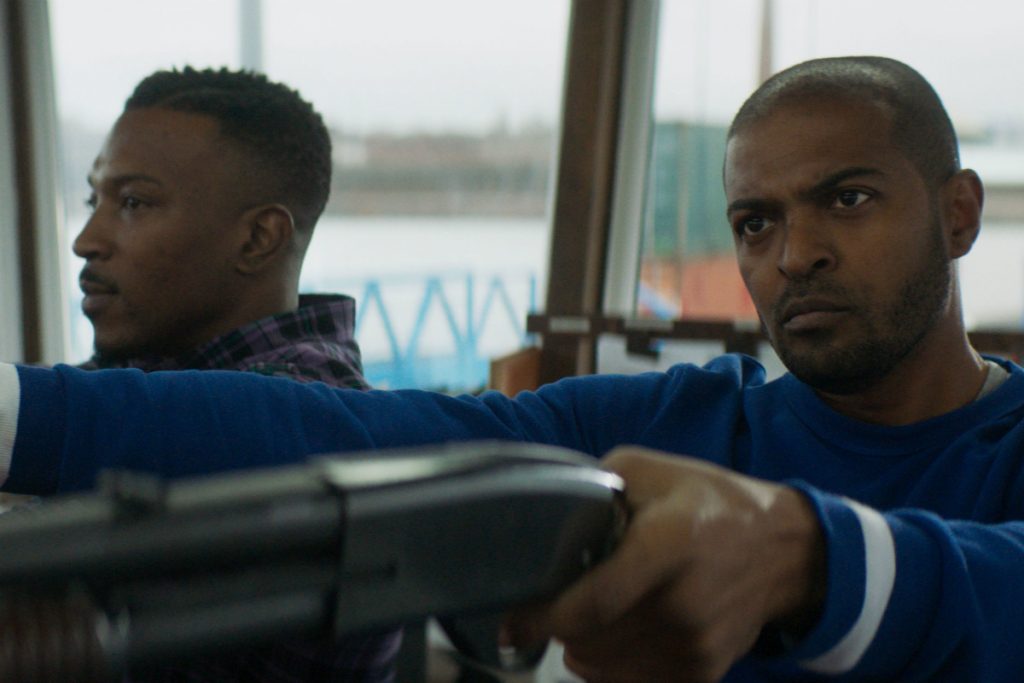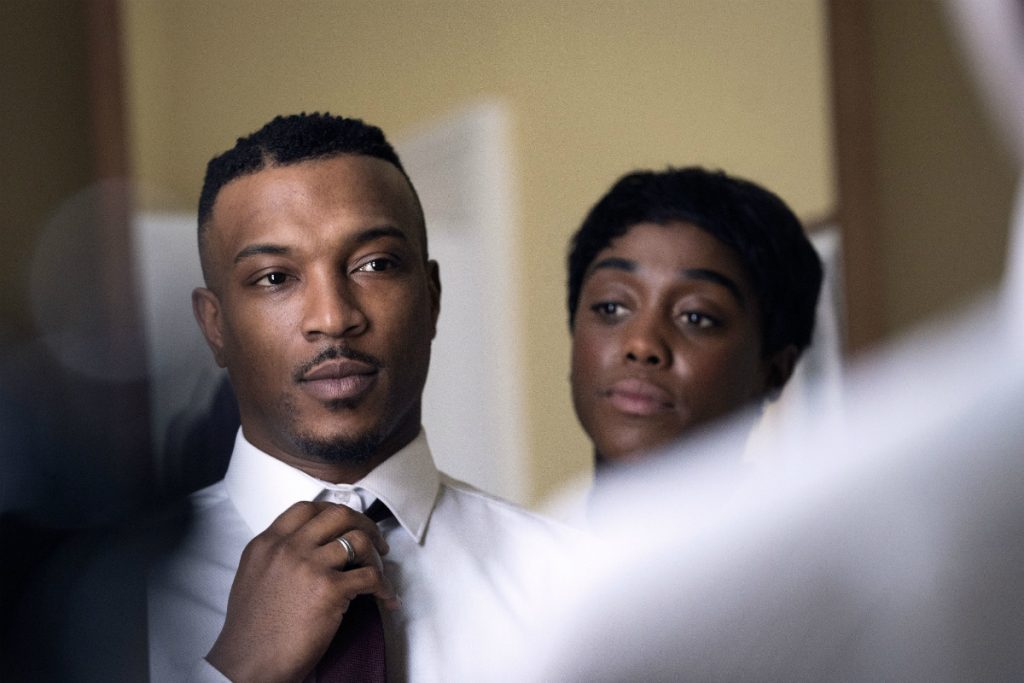For over a decade, Noel Clarke has been one of the UK’s foremost black creators. As the brains behind 2006 film Kidulthood and the two films that followed (2008’s Adulthood and 2016’s Brotherhood), his impact on the British film industry cannot be denied.
As well as penning other projects such as Fast Girls and 4,3,2,1, with a stint acting in ratings darling Doctor Who to boot, Clarke has spent his career flying the flag for black creators breaking through into mainstream entertainment. And in May 2018, he turned his writing and production talents to the small screen as Bulletproof, his series co-created with friend and fellow multi-entertainment star Ashley Walters, began its run on national TV.
As well as creating the show, they both also take on the two leading roles as Bishop (Clarke) and Pike (Walters), best friends and colleagues in their jobs as police officers. Filled to the brim with action (viewers are treated to their first car chase less than 15 minutes into the first episode), it’s certainly exciting, with the chemistry between the two leads proving effortlessly entertaining. We spoke to Clarke just before the show’s debut, and with his strong passion for diversifying the black stories we see in TV and film, we’re sure that his impressive work ethic won’t be slowing down any time soon.
Congratulations on the release of Bulletproof! How did the idea of the show come to be?
Noel Clarke: It was something that Ashley and I came up with years ago. He came to me and said, ‘Let’s work together.’ We started throwing around some ideas; eventually cops came up, and I went away and knocked it up into a fully-fledged idea. We kept batting it back and forth for a while, and eventually, after various incarnations of the idea, Sky and Vertigo developed it with us into what it is today. Ashley and I have actually known each other for around 18 years, so it’s taken a long while to get here.
In a previous interview, Ashley Walters spoke about it taking so long for you to both star in a project together because there could only be ‘one of you’ – a black male character – at once. Do you agree that this was the case?
NC: I think so. Working together has been a long time coming, because I feel like, without anyone explicitly saying, people either played us off against each other, or they had one of us, so didn’t need the other. It’s like the classic thing now where they’ll have one gay character in a show, then won’t have another because they’ve got that role filled. But they’re different people, you know? I feel like we suffered that a lot, where people would be like ‘we’ve got one – we’ve got the working class person of that persuasion.’
What was one of your favourite scenes to film?
NC: One of my favourite moments would be a scene I’m not even in, actually; it’s a moment in the first episode where Ashley’s character and his wife Arjana [Lashana Lynch] are in the bath. To me, that’s a ground-breaking scene for our culture.
How often do you see a black couple in a primetime TV show, where they’re both black, no-one’s light-skinned and they’re just having a happy time? Never! I just love it.
Another scene I like is where my character Bishop is looking after Pike’s kids, just playing music and dancing, making cakes. You just don’t see black people like that on television. If there’s a couple, they’re arguing, or he’s cheating, or she’s one of his baby mothers, or she’s doing a ting with her boss – something’s happening. In this show, the black wife is a lawyer, Pike’s a police officer and they’re just having a resting, sexy moment in the bath together after work. For me, that scene is so important in so many ways, because subconsciously, that will normalise it.
That really was a noteworthy scene! It is so rare to see genuinely intimate moments between black men and black women on TV.
NC: Yeah, and with no aggression or issues – that was so important for us to show. For me, it’s those moments that make the show. You’ve got the action, and the car chases, but those softer moments are so important because when you put that on the screen in front of millions of people, it becomes normal, and stops being an issue. Not only does prejudice against black men stop, but the colourism between our own people stops – it becomes something normal to see. And I’m not a militant – my wife’s Portuguese – so it’s not about me standing with a black glove on with my fist up; but as one of the creators of the show, making Ashley’s wife black was very important. Black, with no qualms, or questions about, “Ooh, what’s she?” She’s black, and that’s that.
It’s also rare to see easy, positive friendships between black men on screen too – are we in a place where it easier to show happy black men, with vulnerabilities?
NC: Yeah, that’s why we did it. We wanted to show some real friends – they might fall out, but they’ll never betray each other; they’ll never stab each other in the back, and they’re always gonna look out for each other. You don’t see that enough. Usually it’s someone’s dogging the other out, or stealing his girl, or they’re dealers. And that’s not me knocking Ashley’s show – of course we’re very proud that he’s gonna go on and make more of Top Boy, it’s great. That’s our biggest TV show, but we’re drug dealers! With all due respect to the show, let’s hope that that’s the only show we need like that. Hopefully there can be other shows, like Bulletproof, where we can be doctors, and police, lawyers, or like Mad Men. We really just wanted to show these two men as what they are: they’re just Bishop and Pike. By the time people finish episode one, they’re not gonna notice they leads are black; they’re just Bishop and Pike.
What’s something you know now that you wish Noel, starting out back in 1999, knew?
NC: I’ve thought about this a lot, and actually – nothing. If I knew anything different, the journey would be different, I’ve had to have the experiences that I have, to shape what I’ve done. Had things been different, I might not have done the Hood films; I might not have done Fast Girls – the first film in this country to have more than one black female lead in it. Why did I have to write that? I’m glad I did, but why did I have to? That should have been done years ago. The only thing I’d like would be if I’d done everything 10 years earlier; so I’d be 10 years younger now. If I was only 30-something now, I’d take this whole business over.
Time’s not on my side now, but if I was 10 years younger, everyone would be in a lot of trouble. They still are: we’re doing lots now, with this show, Fast Girls, the Hood films – those films had to happen. Things like Bullet Boy too – doing the things that people felt we had to do, and also things we had to do to put ourselves on the map – that’s what’s made things like Bulletproof possible. Sometimes people don’t understand the long game, but if we hadn’t had those films, we wouldn’t be where we are now. If America didn’t have Boyz N The Hood and Menace II Society, they wouldn’t have Black Panther now. It’s about building.
Bulletproof airs on Tuesdays, SKY 1 at 9pm; arrives on DVD on 27th July






